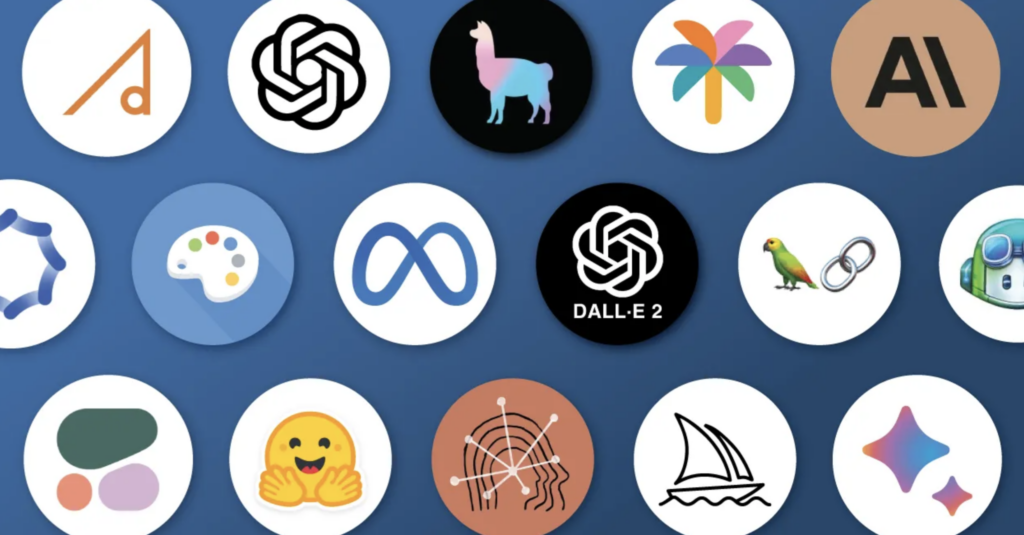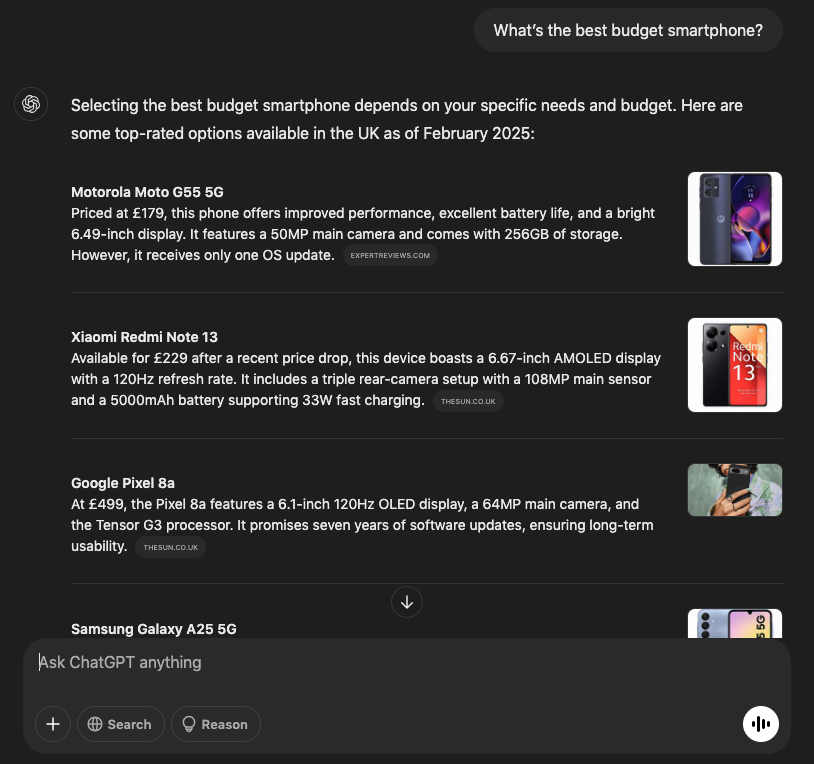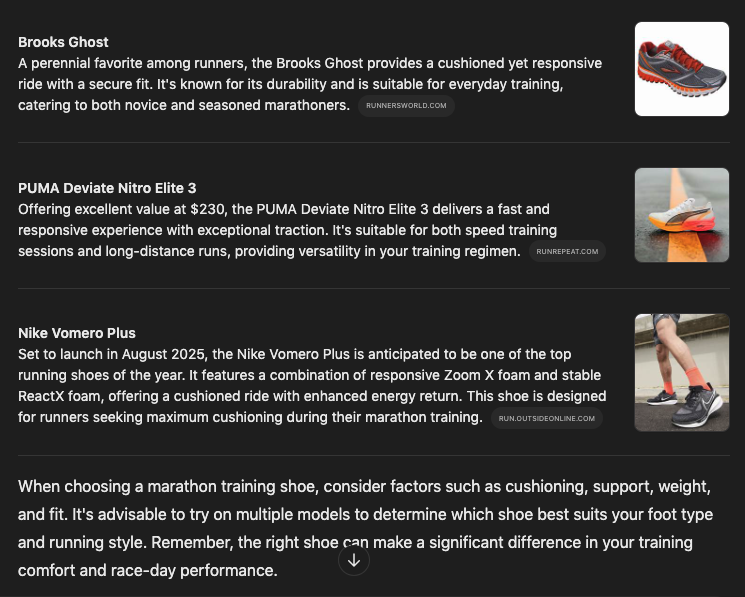Is Search Marketing Irrelevant in the Age of AI?
AI, ChatGPT, DeepSeek, Digital marketing
Introduction
For decades, search engine optimization (SEO) and pay-per-click (PPC) advertising have been the bedrock of digital marketing. Brands have poured resources into optimizing for Google’s algorithms and bidding on keywords to capture user attention. But as artificial intelligence (AI) continues to evolve, the way people search for information is undergoing a seismic shift—and traditional search marketing strategies may soon be relics of the past.
Enter AI language models (LLMs) like ChatGPT, Gemini, and DeepSeek. These tools are rapidly becoming the go-to resource for users seeking answers, advice, and recommendations. Instead of scrolling through pages of search results, users are turning to AI for instant, conversational responses. This shift isn’t just a technological advancement—it’s a fundamental transformation in how people interact with information.
The question is no longer if AI will disrupt search marketing, but how. In this article, we’ll explore why AI LLMs are rendering traditional SEO and PPC strategies less effective, how brands can adapt, and what the future holds for marketers in an AI-driven world.
The Rise of AI Language Models (LLMs) in Search
AI language models like ChatGPT, Gemini, and DeepSeek are revolutionizing how people find information. Unlike traditional search engines, which provide a list of links, these models deliver direct, conversational answers to user queries.
For example, instead of typing “best running shoes for marathon training” into Google and clicking through multiple links, a user can ask an AI model, “What are the best running shoes for marathon training?” and receive a tailored response instantly. This shift is not just a technological advancement—it’s a fundamental change in user behavior.
According to a 2023 report by Gartner, “By 2025, 30% of outbound marketing messages from large organizations will be synthetically generated, up from less than 2% in 2022.” This statistic underscores the growing influence of AI in shaping how information is consumed. Platforms like DeepSeek are leading the charge by offering real-time, context-aware answers that feel more like a conversation with an expert than a traditional search.
As AI LLMs become more integrated into everyday life—through chatbots, voice assistants, and even workplace tools—their role in search will only grow. For marketers, this means rethinking how to reach and engage their audience.
Why SEO and PPC Might Become Obsolete
The rise of AI LLMs poses significant challenges for traditional search marketing channels like SEO and PPC. Let’s break it down.
The Decline of Organic Traffic
Traditional SEO relies on ranking for keywords and driving traffic through search engine results pages (SERPs). But AI LLMs provide direct answers, reducing the need for users to click through to websites. If users get the information they need from an AI model, your website may never get a visit.
For instance, when OpenAI’s ChatGPT was asked, “What are the best CRM tools for small businesses?” it provided a detailed list of options without requiring the user to visit a single website. This trend is already impacting organic traffic for many brands. A case in point is CNET, which saw a significant drop in traffic after AI tools began summarizing its content directly in responses.
The Disruption of the Ad Model
PPC relies on users seeing and clicking on ads within SERPs. But AI LLMs often provide answers directly, bypassing the need for ads altogether. If users aren’t visiting SERPs, the effectiveness of PPC campaigns could plummet.
Consider this: when a user asks an AI model, “What’s the best budget smartphone?” and receives a direct answer, there’s no opportunity for brands to display ads. This shift could render traditional PPC strategies obsolete unless marketers find new ways to integrate their messaging into AI-generated responses.

The Future of Search Marketing: Getting Noticed by AI LLMs
As AI LLMs become the new gatekeepers of information, marketers must shift their focus from traditional search engines to optimizing for AI models. This new paradigm is fundamentally different—and requires a fresh approach.
From Keywords to Context
Traditional SEO focuses on ranking for specific keywords. AI LLMs, on the other hand, prioritize context and intent. Brands need to create content that answers questions comprehensively and conversationally, aligning with how users interact with AI tools like ChatGPT, Gemini and DeepSeek.
For example, instead of optimizing for “best running shoes,” create content that answers, “What are the best running shoes for marathon training?” This approach mirrors how users query AI models and increases the likelihood of your content being referenced.

From Clicks to Conversations
PPC relies on users clicking ads on SERPs. AI LLMs often provide answers directly, bypassing the need for clicks altogether. Brands must now aim to be the source of those answers.
Take DeepSeek as an example. Its ability to pull real-time data and provide context-aware answers means brands that integrate their data with such platforms can ensure their information is always up-to-date and relevant.
Building Brand Authority
AI models prioritize authoritative, well-structured content, regardless of backlinks. Brands need to establish themselves as trusted sources within their niche.
A notable case study is HubSpot, which has positioned itself as a thought leader in marketing by creating comprehensive, conversational content that aligns with how users interact with AI. This strategy has made HubSpot a go-to resource for AI models like ChatGPT and Gemini.
Challenges and Ethical Considerations
While the shift to AI-driven search presents exciting opportunities, it also comes with challenges and ethical considerations.
One major challenge is the lack of transparency in how AI models prioritize information. As these platforms evolve, brands will need to navigate the complexities of ensuring their content is recognized and referenced accurately.
Ethical concerns also loom large. Ensuring accuracy and avoiding misinformation in AI-generated responses is critical. Brands must balance visibility with user trust and experience.
Conclusion
The rise of AI language models like ChatGPT, Gemini, and DeepSeek is reshaping the search landscape – and with it, the future of search marketing. Traditional channels like SEO and PPC may no longer be sufficient as users increasingly turn to AI for instant, conversational answers.
To stay competitive, brands must adapt by optimizing their content for AI models, building authority, and exploring direct integrations with AI platforms. The future of search marketing lies in understanding and leveraging AI LLMs, and brands that act now will have a competitive edge.
Are you ready to future-proof your search marketing strategy? Start by evaluating how your brand can align with AI-driven search trends and find out how we can build automated AI agents for you.. And don’t forget to subscribe to our blog for more insights on the future of marketing.
- How to Boost Operational Efficiency with AI Agents
- Generative AI is Transforming Content Creation for Digital Marketers
- Leverage AI for Hyper-Personalized Marketing Campaigns in 2025
- 5 Ways AI-Driven Decision-Making Leverage Data to Empower Business Leaders
- How are AI Agents Boosting Inbound Marketing